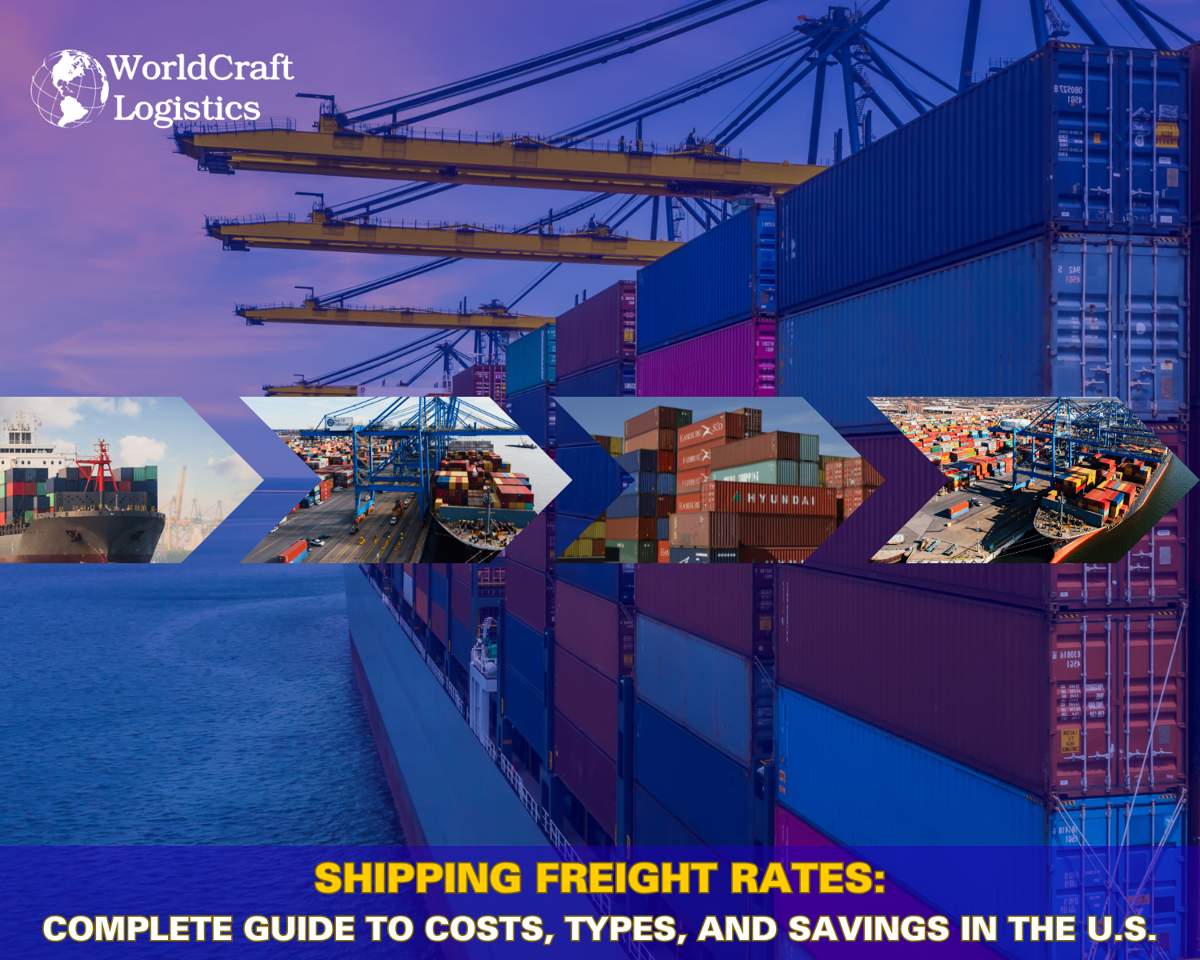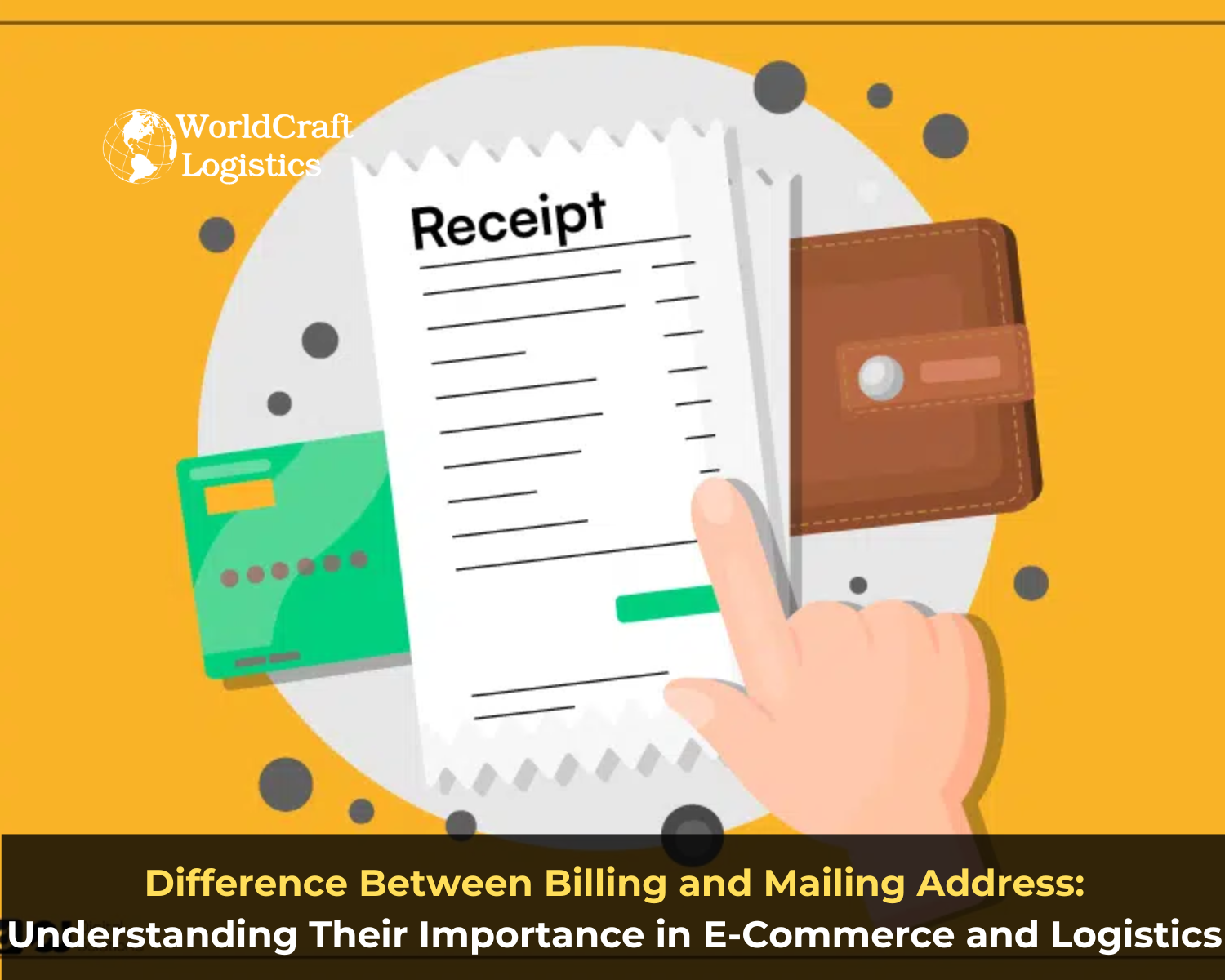
Starting June 1st, 2023 Our warehouse fee will be $0.65/cubic foot per month
In effort to lower the warehouse storage fee during inflation, we have went narrow aisle racking.This construction took us four months but the project is finally completed. With narrow aisle racking, we are able to drop storage by 24%.We as partners will go through this inflation together.
03/16/2023
In the logistics industry, Telex Release and Express Release are frequently misunderstood. Many professionals struggle to differentiate between the two terms. This article will clarify these concepts and their distinctions in order to enhance your understanding of the relevant economic aspects.
First, it is essential to realize that neither Telex Release nor Express Release are bills of lading. People in the industry may incorrectly say, "I wish to utilize a Telex Release Bill" or "Express Release Bill."
Definition
Telex Release
The Telex Release is a simple notification sent by the shipping line or its agent at the port of loading to their office or agent at the port of discharge, informing them that the shipper or exporter has returned one or more original bills of lading issued to them. On the basis of this Telex Release notice (which may be transmitted via telex, email, or fax), the agent at the port of discharge may release the goods to the consignee named on the bill of lading without requiring the original bills.
To confirm that the cargo has been released, the shipper may print a photocopy of the bill of lading with the word "Surrendered" or provide the consignee with a confirmation code. Telex Release is only required for straight bills of lading and never for negotiable bills of lading (order bills of lading).
Express Release
Express Release (also known as rapid cargo release) is utilized in time-sensitive situations such as:
When the shipper and consignee are members of the same organization and no negotiations to release the cargo have taken place directly or through a bank.
When the shipment is not tied to a bank and the shipper is not required to send the original bill of lading to ensure payment for the shipment.
When the shipper does not have time to print and expedite the original bills of lading to the consignee.
If the shipper on the bill of lading is a freight forwarder and they wish to issue a house bill of lading to their client, they will indicate this on the bill of lading.
Express Release can be used when goods are shipped under a Seaway Bill. Note that a Seaway Bill is not a bill of lading; it serves only as a receipt for goods and a contract of carriage without transferring ownership (similar to an Airway Bill).
The principal distinctions between the two types of release
Telex Release applies to shipments with printed, released, and collected original bills of lading (hard copies) at the loading port. Consequently, many freight forwarders refer to this as a bill of lading presented at the loading port. Express Release applies to Sea Waybills that do not require the issuance of original bills of lading.
With a Surrendered Bill (Telex Release), the shipper is able to hold the shipment until he or she decides to release it to the consignee. This is not possible, however, with a Sea Waybill (Express Release).
Telex Release and Express Release are two entirely distinct concepts. Understanding their distinctions can improve your productivity and broaden your economic knowledge.
MintN

Education
01/05/2025

Education
02/18/2025

Education
01/01/2024

Education
09/09/2025

Education
08/28/2024